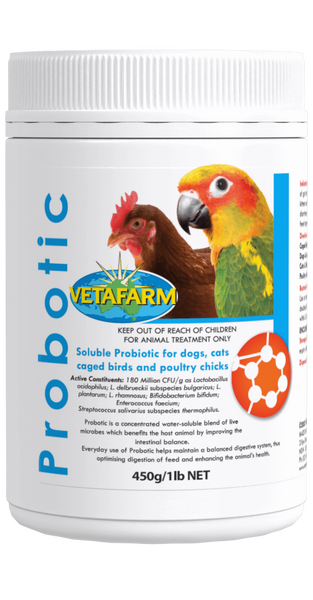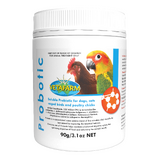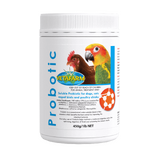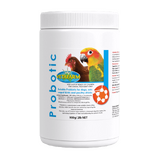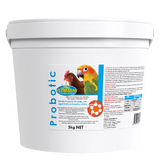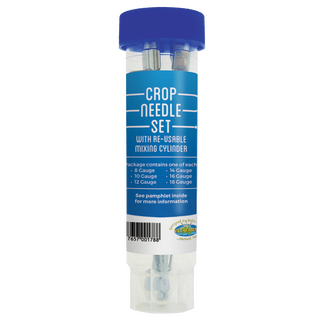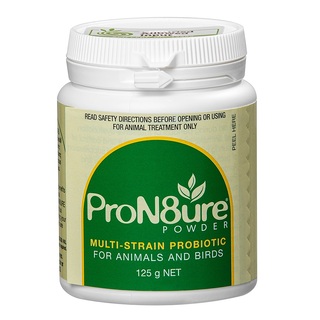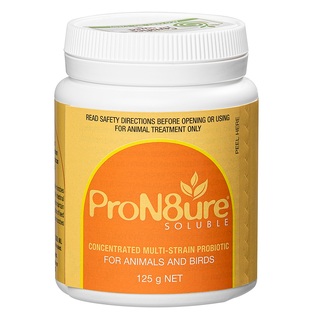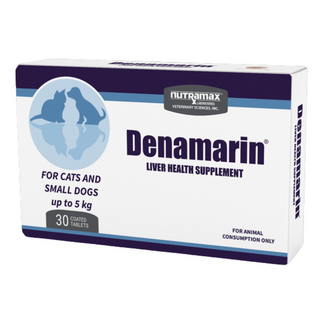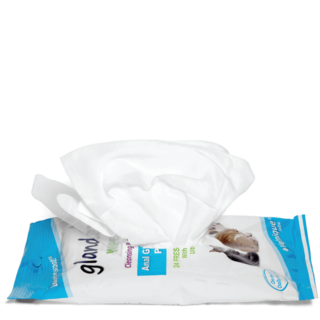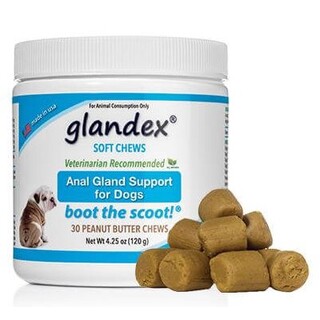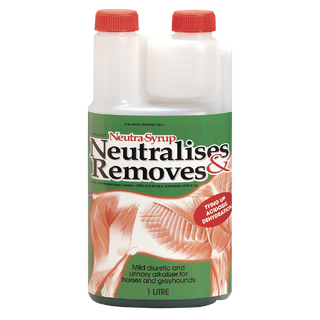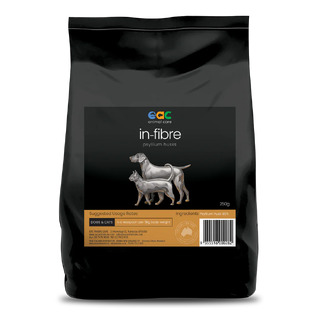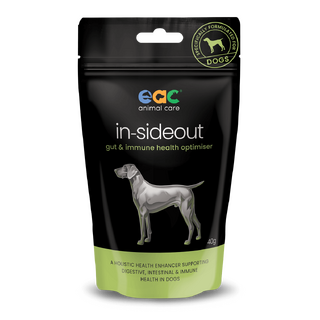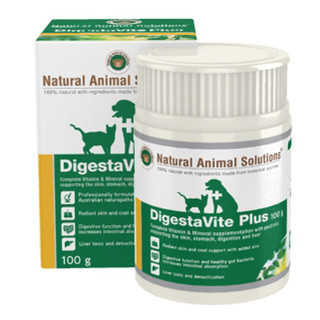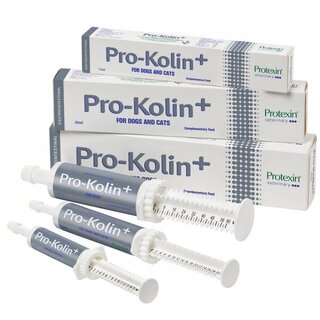Vetafarm Probotic
The health of the microbiome in our bird’s gut is absolutely essential for a healthy life. The bacteria in the microbiome helps digest food, regulate the immune system and protect against other bacteria that cause disease. Probiotic contains 7 unique strains of beneficial bacteria, everyday use helps to maintain a balanced digestive system and improves intestinal balance.
Description
- This product aids in the establishment of gastrointestinal flora in hand reared baby birds, day old chicks, puppies and kittens and other physiologically immature animals.
- Can be used as an aid during periods of intestinal dysfunction and post antibiotic therapy for the re-establishment of gut microflora.
- Probotic is compatible with feed ingredients including anthelmintics, coccidiostats, minerals, and vitamins.
Directions for use:
- Caged birds: 1g per L of drinking water.
- Dogs & puppies: Stress dose is 2-6g per day (small 2g, medium 4g, large 6g); halve this dose for maintenance (1-3g per day).
- Cats & kittens: Stress dose is 2g per day; halve this dose for maintenance (1g/day)
- Poultry chicks: 5g/L for the first 3 days of life, decreasing to 0.5g/L at 42 days.
- Restraint: Probotic should not be used in conjunction with antibiotics but may be used immediately following antibiotics.
- Use at stress levels for the first 5 days then at maintenance dose level. During stress situations, the maintenance dose may be doubled for as long as required.
- Mix with water, milk or milk replacer, or with feed. Prepared solutions should be consumed within 24 hours.
Storage
Store below 25?C (air conditioning). Keep container tightly closed.
Expiry
2 years from the date of manufacture
Ingredients
Active Constituents: 180 Million CFU/g as Lactobacillus acidophilus; L. delbrueckii subspecies bulgaricus; L. plantarum; L. rhamnosus; Bifidobacterium bifidum; Enterococcus faecium; Streptococcus salivarius subspecies thermophilus.

